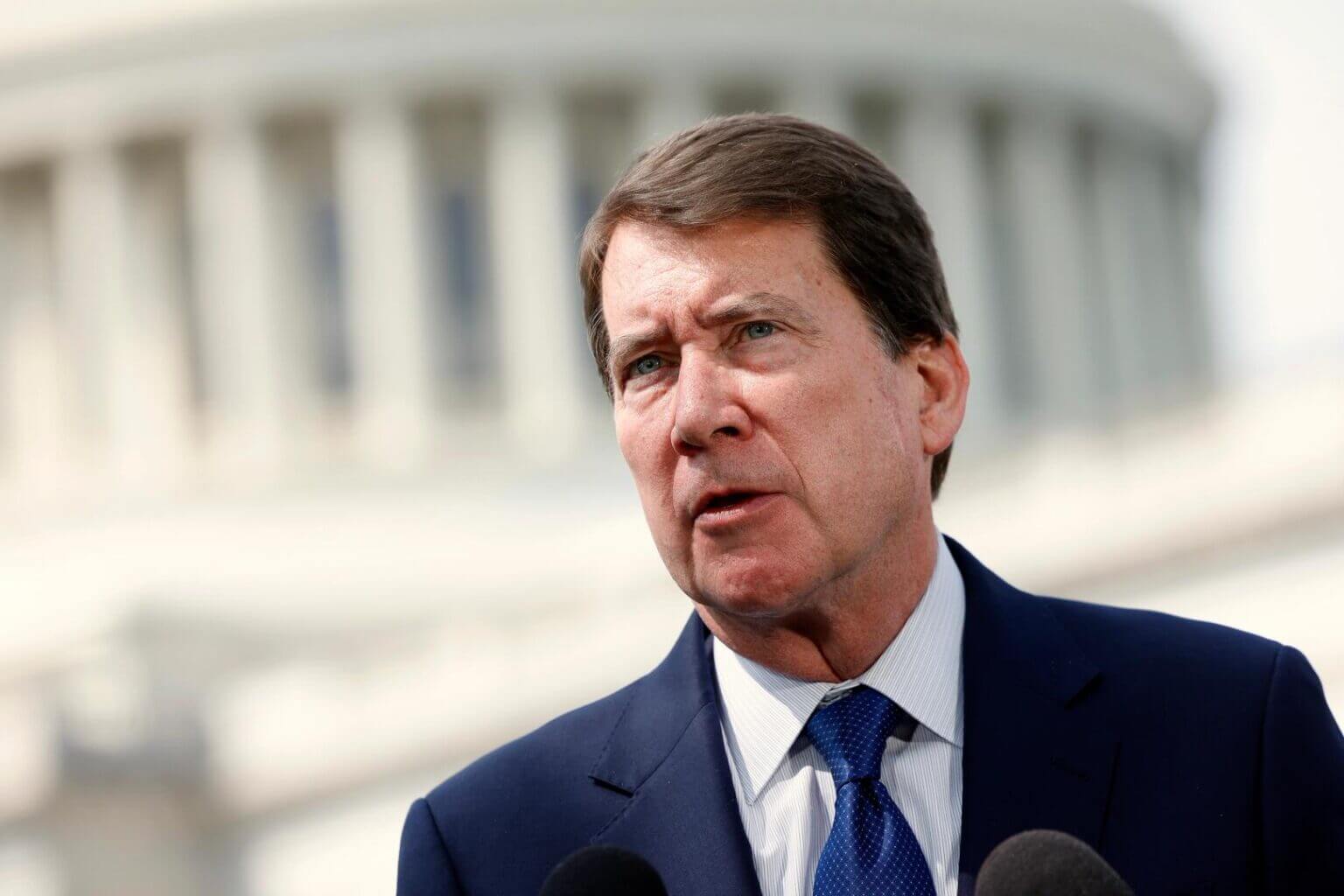Legislative Milestone for Stablecoins: U.S. Senate Approves Landmark Crypto Regulation
As of June 17, 2025, the United States Senate has achieved a historic breakthrough in digital asset regulation by passing the first comprehensive bill aimed at establishing clear rules for stablecoin issuers. This legislation now advances to the House of Representatives, marking a significant step toward formalizing the regulatory landscape for cryptocurrencies in the country.
Senate’s Bipartisan Support Signals a Turning Point
The recent vote in the Senate saw an overwhelming bipartisan consensus, with a decisive 68-30 tally. Notably, a substantial number of Democratic senators joined their Republican colleagues in endorsing the bill, reflecting a rare moment of unified political backing for crypto regulation. This legislation, known as the Guiding and Establishing National Innovation for U.S. Stablecoins of 2025 (GENIUS) Act, represents the most ambitious effort yet to regulate digital assets at the federal level.
With the bill’s passage, momentum is building as it moves to the House, where lawmakers will review its provisions. They can either approve it as drafted or propose amendments, which would then require further approval from the Senate before reaching President Donald Trump’s desk for signing into law.
Key Provisions and Industry Impact
The GENIUS Act aims to create a robust regulatory framework for stablecoin issuers-companies that issue dollar-pegged tokens like USDC, USDT, and others backed by firms such as Circle, Ripple, and Tether. Under the proposed legislation, these entities would be subject to strict reserve requirements, enhanced transparency standards, anti-money laundering (AML) protocols, and comprehensive oversight. Additionally, the bill is expected to introduce new capital adequacy rules to ensure stability within the industry.
Crypto industry leaders have lauded the bill as a pivotal development. Ji Kim, Acting CEO of the Crypto Council for Innovation, described it as a “historic step forward for the digital asset industry,” emphasizing its role in fostering innovation while establishing necessary regulatory guardrails. Similarly, Amanda Tuminelli, executive director of the DeFi Education Fund, highlighted that the legislation represents a significant stride toward creating a secure environment for digital assets in the U.S.
Controversies and Political Debates
Despite broad support, the bill faces criticism from some Democratic voices, notably Senator Elizabeth Warren, who argues that it contains loopholes that could allow foreign tokens like Tether to operate with minimal oversight. Critics also point out that the legislation does not address potential conflicts of interest stemming from President Trump’s personal crypto holdings, nor does it prevent large technology firms such as Amazon from issuing their own digital currencies.
Nevertheless, proponents within the Democratic Party contend that inaction is not an option. They argue that establishing a clear regulatory framework is essential for maintaining U.S. leadership in the global crypto economy. Senator Bill Hagerty, a Republican from Tennessee and sponsor of the bill, expressed confidence that the legislation will position the U.S. as a pioneer in stablecoin adoption, with the tokens being fully backed by U.S. dollars and short-term Treasuries, ensuring stability and investor confidence.
Broader Context and Future Outlook
This Senate approval marks the first time a stablecoin-specific bill has successfully navigated through either chamber of Congress, despite years of ongoing negotiations. It also coincides with the broader effort to establish comprehensive crypto market regulation through the House’s Digital Asset Market Clarity Act, which aims to define the legal framework for the entire U.S. digital asset sector. Industry advocates emphasize that these legislative initiatives are interconnected and should be enacted together to create a cohesive regulatory environment.
According to a recent report from TRM Labs, stablecoins now account for over 60% of all crypto transactions, with more than 90% of these tokens pegged to the U.S. dollar-primarily USDC and USDT. While most stablecoin activity is legitimate, their rapid growth and liquidity have made them attractive for illicit activities such as ransomware payments, fraud, and terrorist financing, raising concerns among lawmakers and regulators.
Looking Ahead
The passage of the GENIUS Act signifies a major milestone in the evolution of U.S. crypto policy. As the legislation advances through the legislative process, industry stakeholders and policymakers remain focused on ensuring that the regulatory framework balances innovation with security, fostering a thriving digital economy while safeguarding consumers and the financial system.

